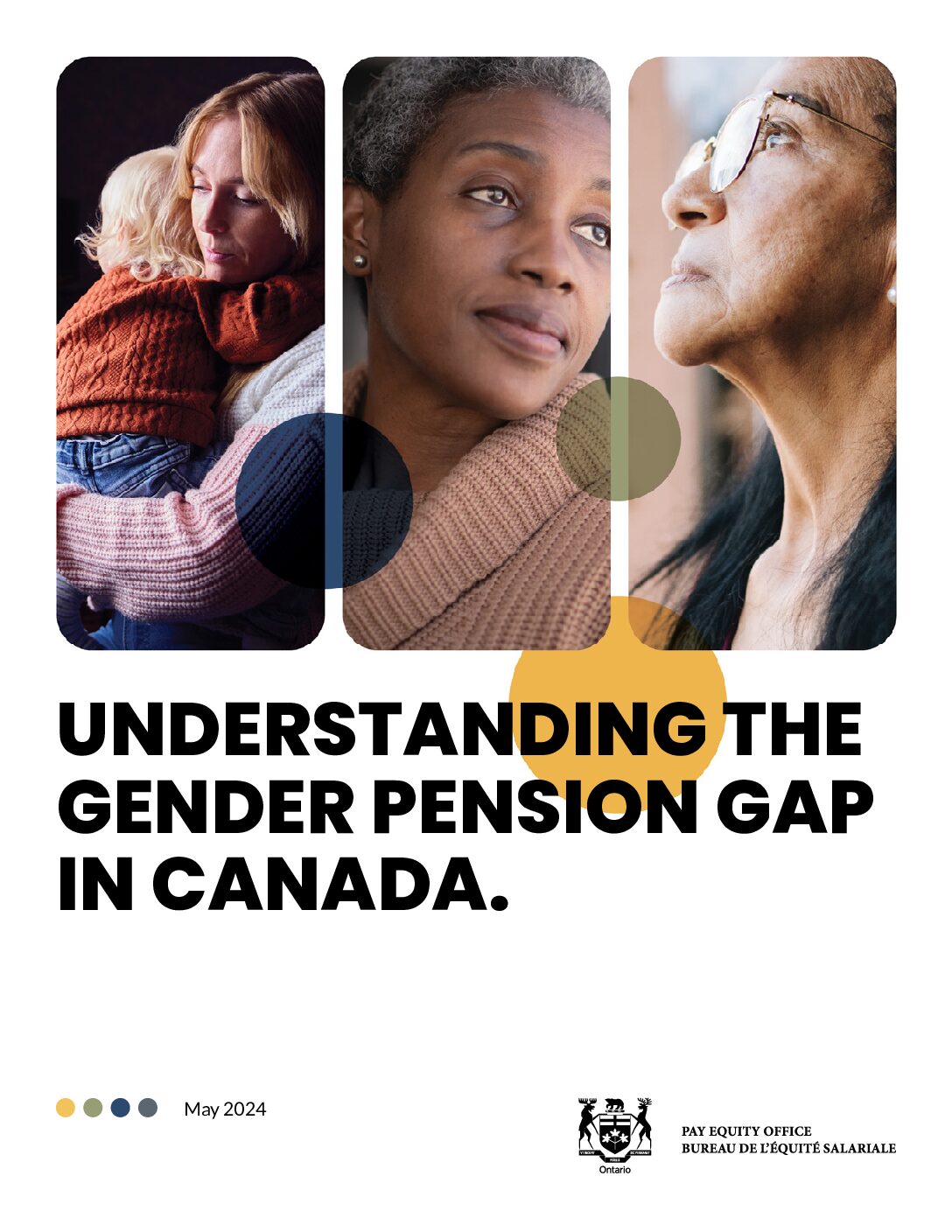Benefits and Costs of Social Pensions in Sub-Saharan Africa
By Melis U. Guven & Phillippe G. Leite
The lack of efficient social security systems, the presence of large informal sectors, and the pace at which the population is aging in some Sub-Saharan African countries are red flags warning of a potential long-term problem: that is, the inability of countries to provide old-age income security to all. Many adults in the region have difficulties accessing health care and other essential services, increasing their vulnerability and their likelihood of becoming impoverished as they age. Since the coverage of contribution-based pension schemes has remained low for decades, direct cash grants (henceforth, universal social pensions) are increasingly proposed as a way to address the coverage gap and to fight poverty among the elderly. This paper explores the role of universal social pensions in 12 Sub-Saharan African countries, showing that they may be part of the answer to the coverage gap in pensions and may be important from a human rights lens. However, they have limited impact on poverty because a significant share of the elderly population is found not to fall into the poorest and most vulnerable segments of society. Universal social pensions can also be quite costly, difficult to sustain in low-income settings, and less cost-effective at fighting poverty compared to poverty-targeted cash transfer programs. Implementation errors are quite prevalent in universal social pension schemes, contradicting the apparent simplicity of identifying program beneficiaries. The report’s main findings are that a discussion of poverty targeted programs vis-à-vis universal programs is less relevant for policymakers than how to design and implement a policy or a mix of coordinated and harmonized policies under a robust system that allows governments to reach their main objectives of meeting the basic needs of their most vulnerable citizens.
Get the book here
393 views










